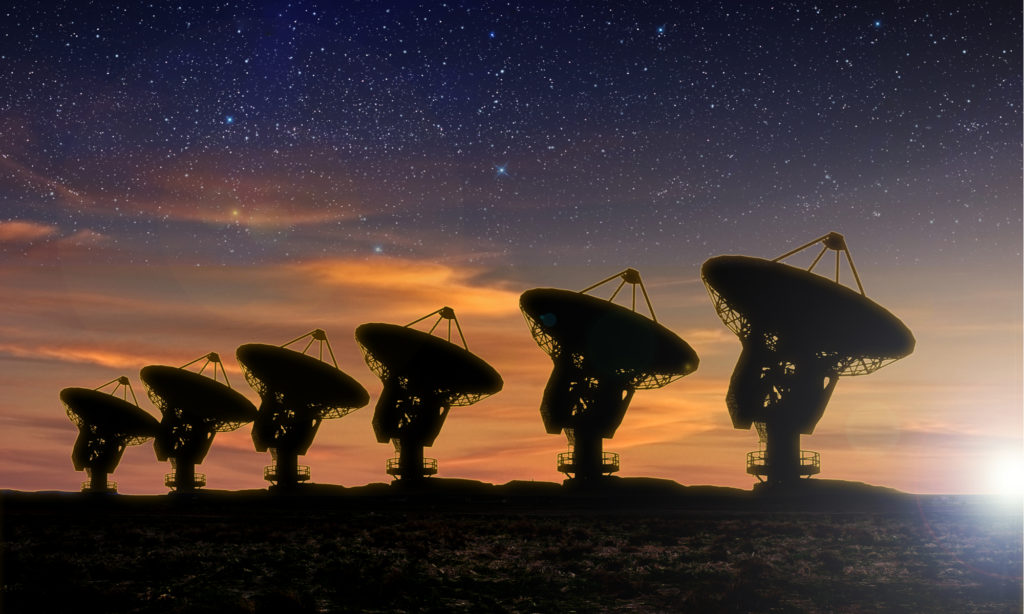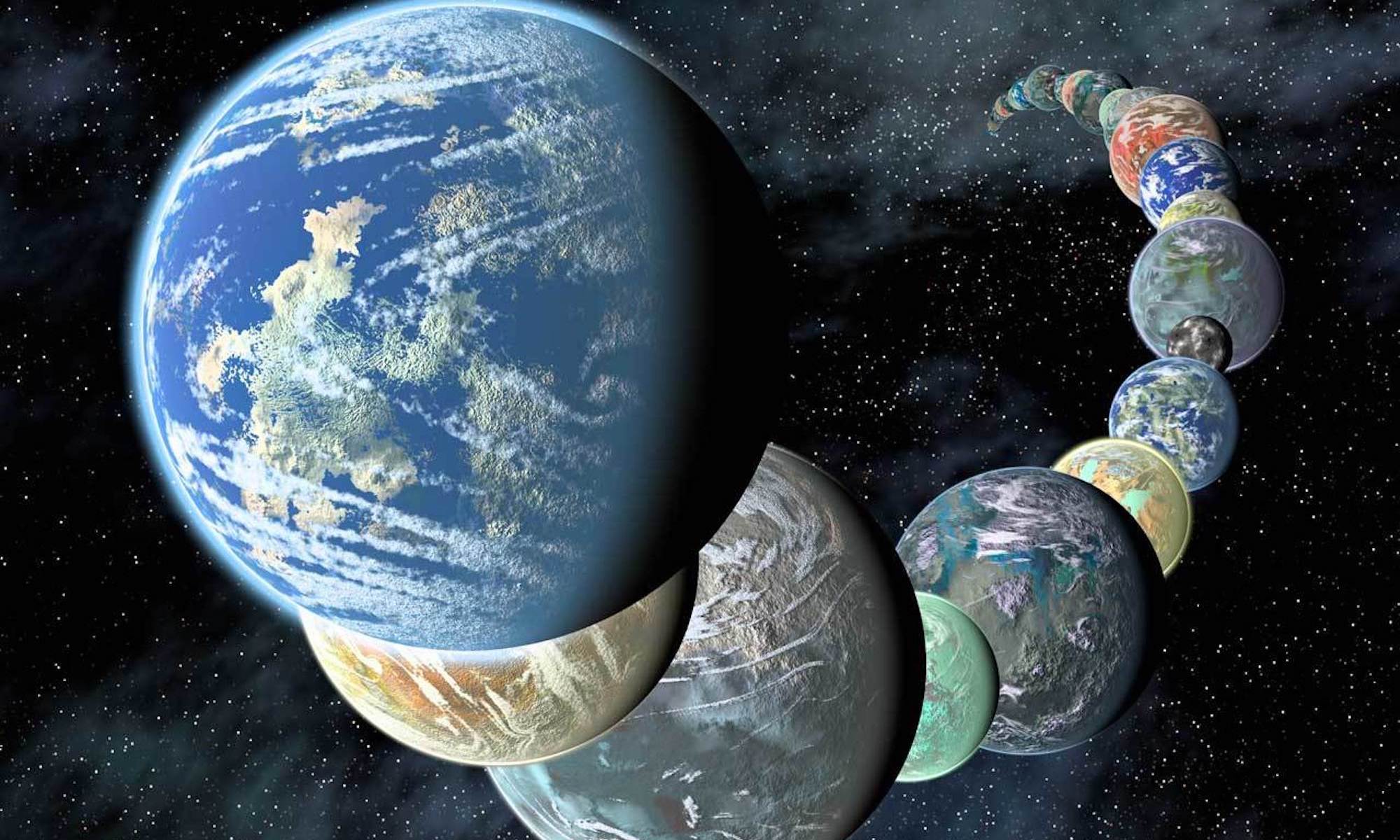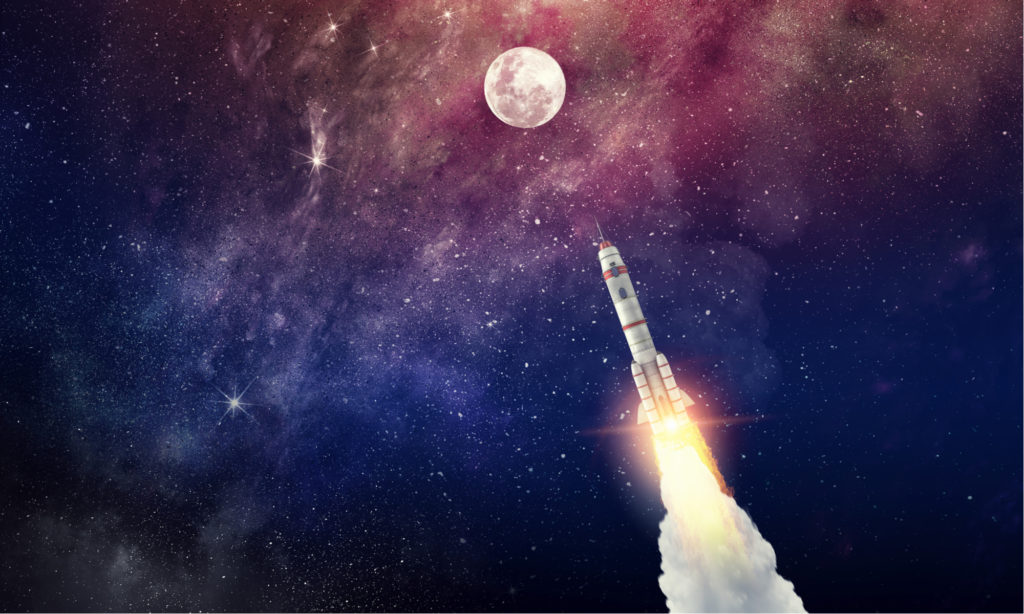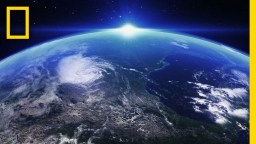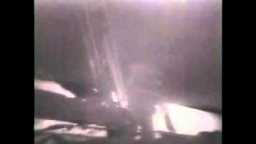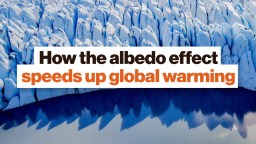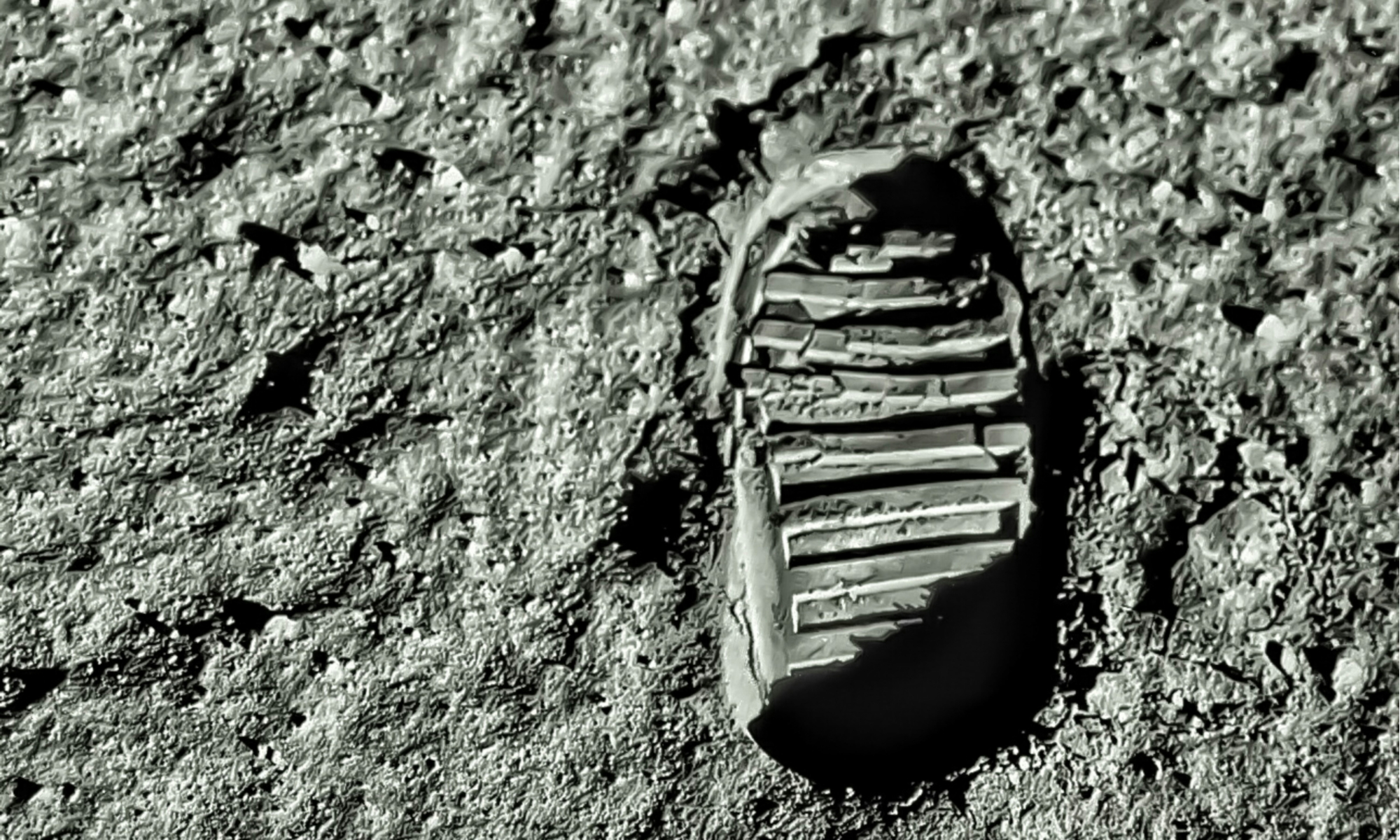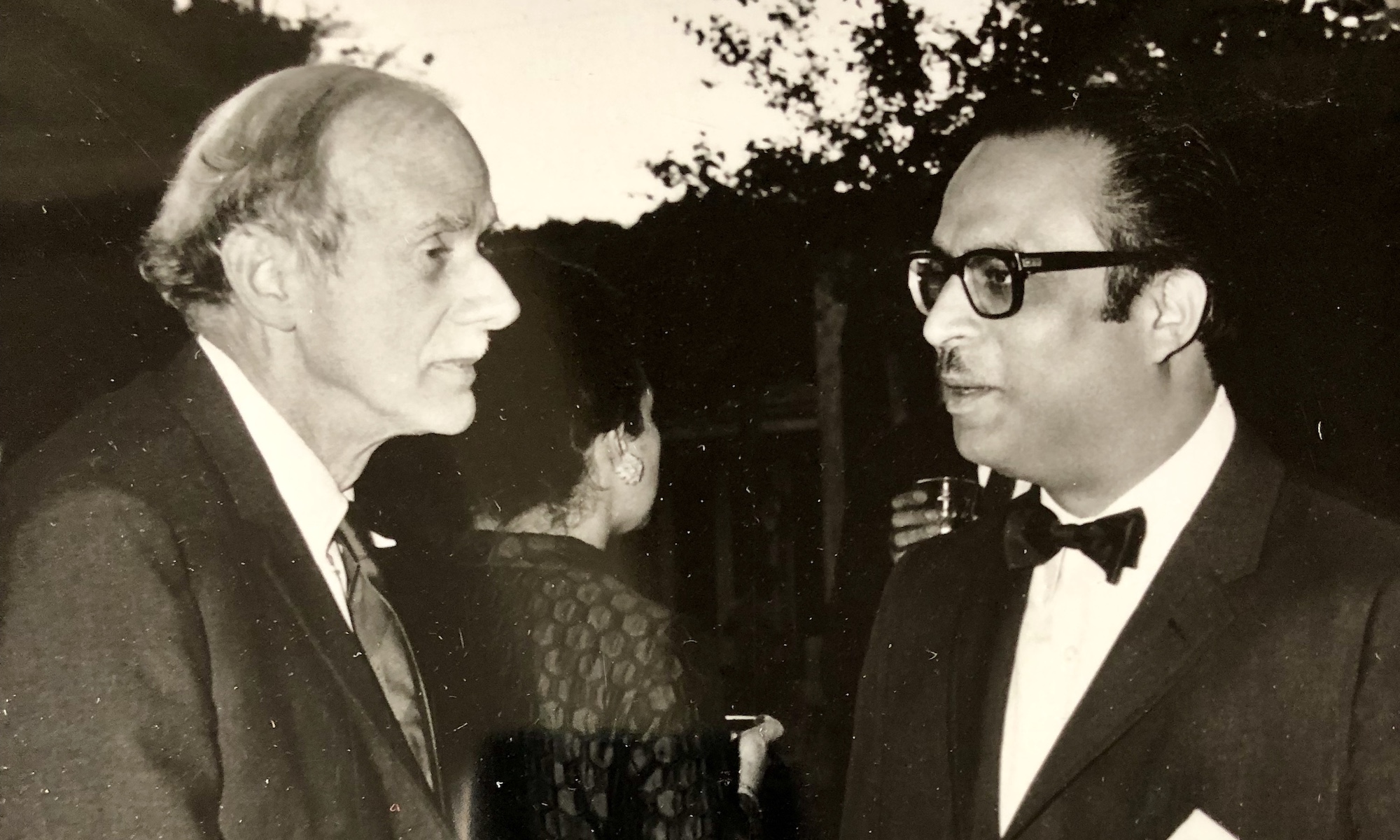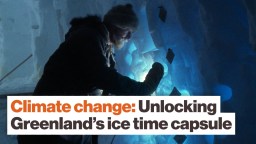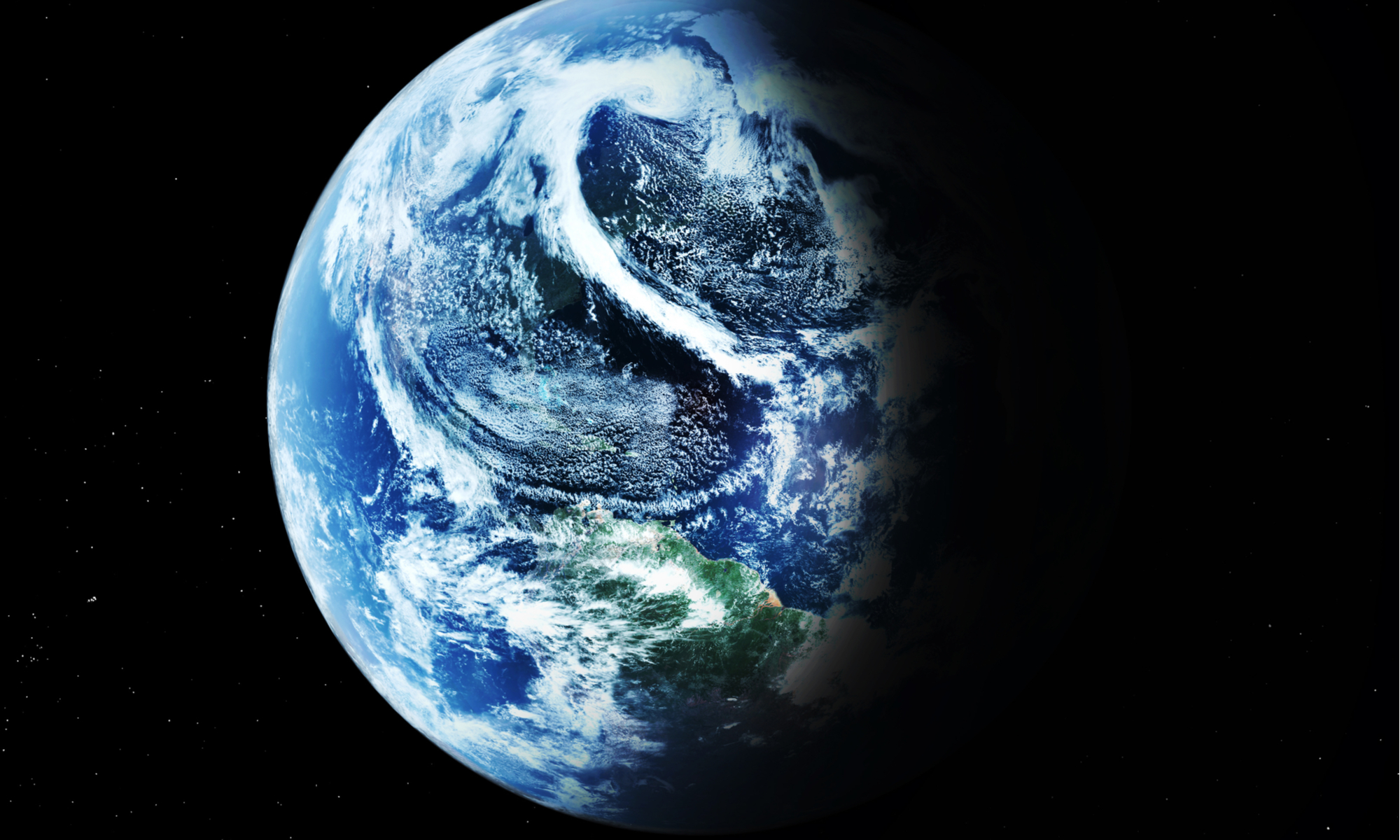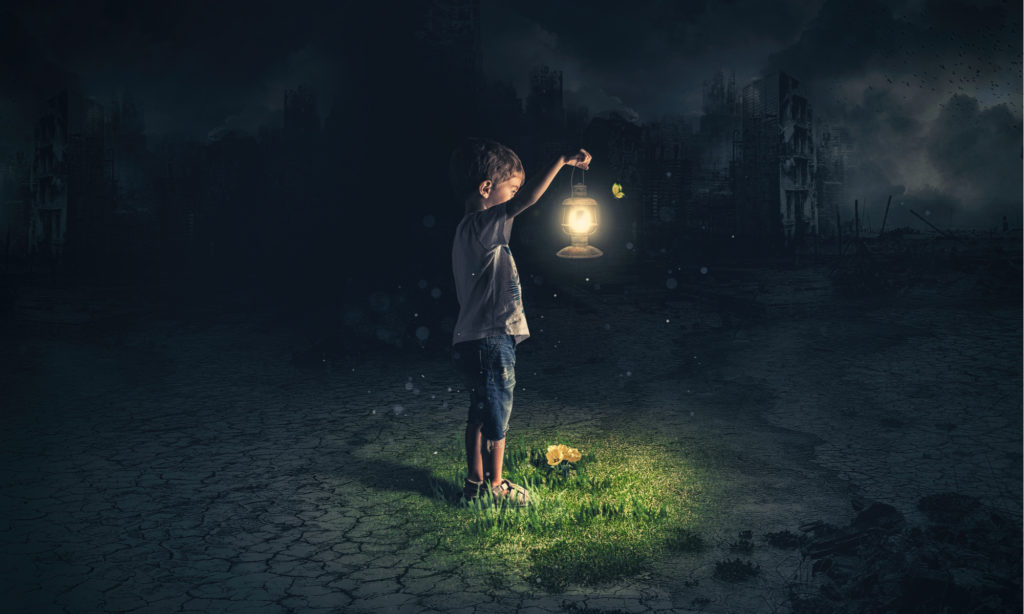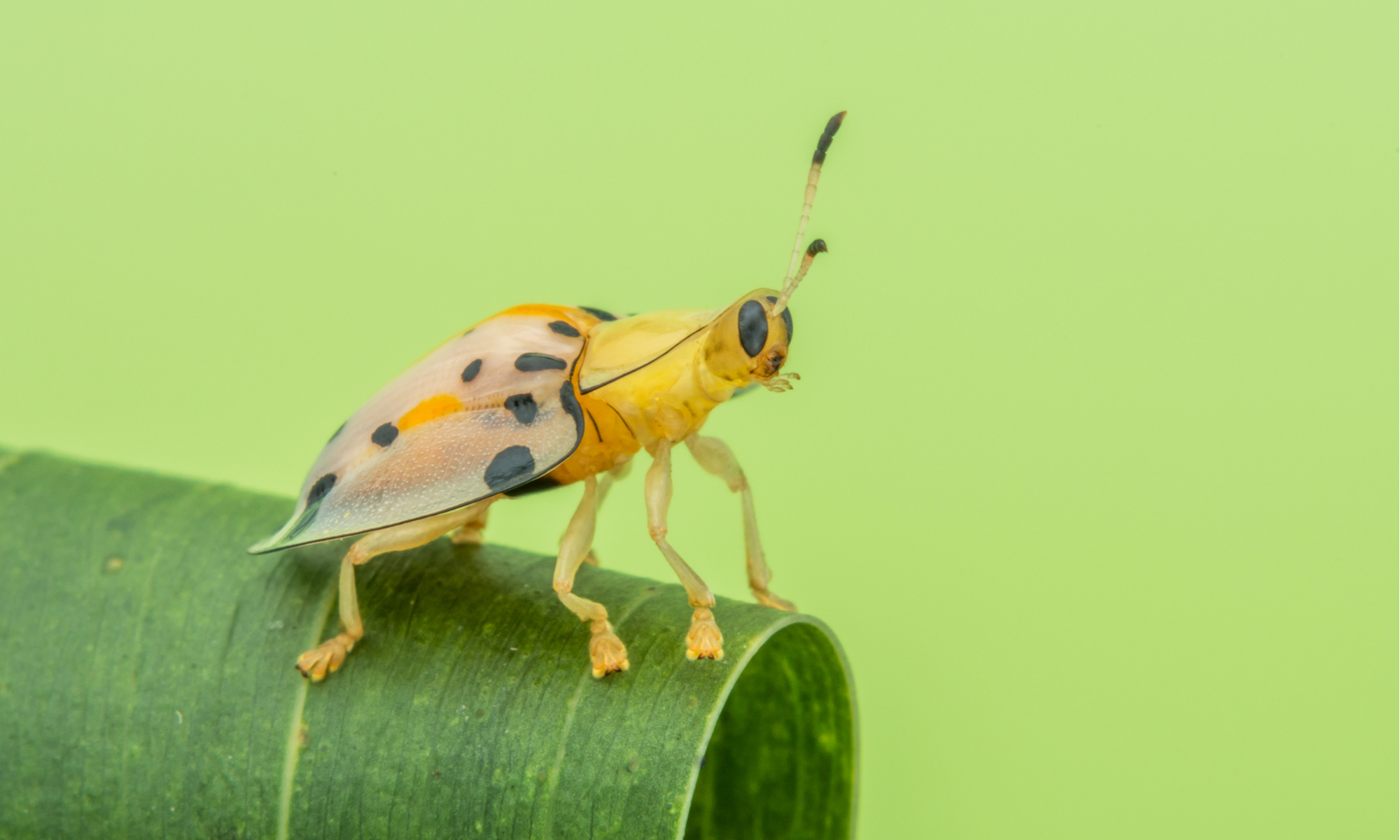nature
When we send messages to the stars, just what are we getting ourselves into?
A mind-bending physics theory may explain why we have one reality instead of many.
Documentary explores astrobiology, astronauts, and the awe of it all.
▸
with
Was it “one small step for man,” or “one small step for a man”?
▸
with
Study shows minerals sequester carbon for thousands of years, which may explain oxygen’s abundance in the atmosphere.
The more Greenland melts, the more Greenland melts. Here’s why.
▸
10 min
—
with
Scientists discover how to predict megaquakes earlier to improve warning systems.
Spiders, fish, birds, and bats all break with their daily routines.
Here are just two of the practical and philosophical crises surrounding biodiversity breakdown.
▸
3 min
—
with
Apollo 11’s moon landing inspired many to reach for the impossible.
The ice sheets in Greenland and Antarctica are remnants of the ice age. They’re also the wild cards of climate science.
▸
5 min
—
with
In cities, people tend to think of parks as dangerous.
Remembering a 1972 symposium gathering of the world’s greatest physicists.
An astrobiologist joins a like-minded global community in ramping up the search.
▸
with
2018’s winter was particularly harsh on U.S. honeybees. What’s causing bee populations to plummet, and what can we do about it?
There are clues to the future and past trapped in Greenland’s ice.
▸
11 min
—
with
Spending between 120–300 minutes per week in nature shown to increase wellbeing.
New experiments look to the interplay between neutrons and magnetic fields to observe our universal reflection.
On the eve of receiving the Templeton Prize, Marcelo Gleiser reflects on his life.
Where would you go if you could go anywhere?
A new NASA report shakes up lunar geology.
If you don’t want to know anything about your death, consider this your spoiler warning.
People trust Mother Nature to keep us healthy, forgetting that evolution is brutal and uncaring.
